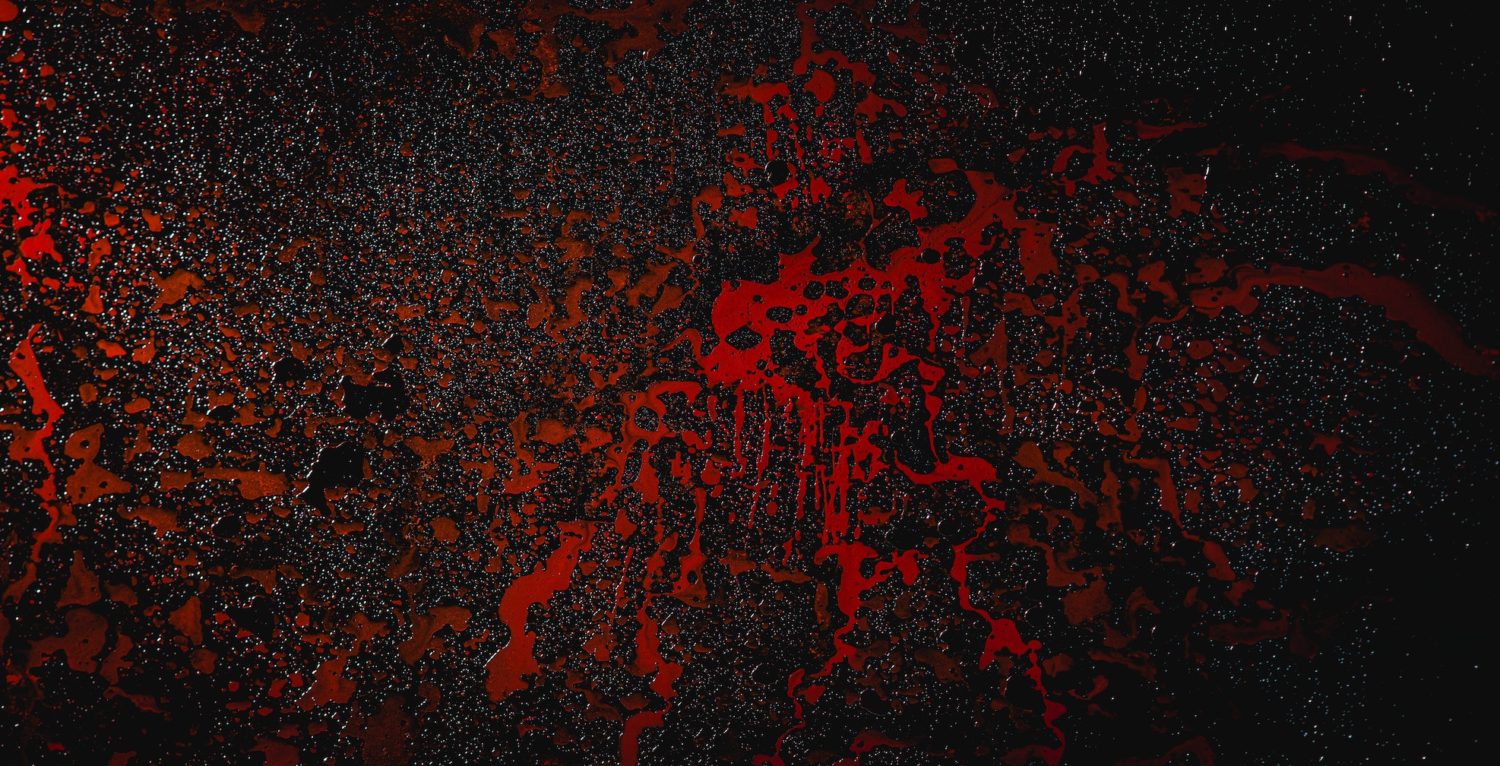Blood money
The logic of empire still governs our politics, writes Kehinde Andrews.
It took Tory MP Richard Drax four years to declare he owned Drax Hall Plantation in Barbados, which he inherited after his father’s death in 2017. The fact that the ownership of the £150m estate was only disclosed through a press investigation speaks to the hidden nature of the wealth from slavery. It was all so long ago that we imagine it could not possibly be relevant today. But the story of Drax Hall tells us how nothing could be further from the truth: the legacy of slavery – and the logic of white supremacy that made it possible – still shapes the world today.
Drax Hall is a 250-acre site where enslaved Africans were forced to labour from 1640 to 1836, generating untold wealth. It was not the only plantation owned by the Drax family, whose trade in human flesh in the Caribbean consumed an estimated 30,000 lives, according to historian Hilary Beckles. After slavery was abolished, the Drax family received the equivalent of £3m in compensation for losing the free labour of the 297 Africans still toiling in the family business. They were among the 47,000 recipients of the government handouts that essentially purchased the freedom of the enslaved. In total, the equivalent of £17bn was paid in order to abolish slavery in 1834.
Drax is certainly not alone in coming from a family which benefited from the proceeds of slavery. Numerous members of parliament at the time benefited from slave owner compensation. The most notable was William Gladstone, whose father took the single largest payment, equivalent to £80m today, for 2,500 thousand Africans he held in bondage. It was also revealed that both David and Samantha Cameron’s family benefited from this pot of blood money.
The total amount paid out in slave owner compensation represented 5 per cent of GDP and 40 per cent of the government’s income, forcing it to take out a loan so large from the Bank of England that it was only paid back in 2015. Somehow, Her Majesty’s Treasury thought that we would all be delighted to know that living British citizens helped pay to end the slave trade as they gleefully informed us in a 2018 #FridayFact tweet. It actually made me physically sick to consider that I have been paying off compensation to slave owners, along with several generations of my family that descended from the enslaved. While people like Richard Drax have been living the good life, the enslaved never received a penny.
As if that was not obscene enough, Drax Hall still functions as a sugar plantation where workers are reported to be paid less than half the average wage in Barbados. This should be the only reminder we need that not as much has changed as we would like to think. The wealth from slavery is still very much with us, along with the ongoing poverty in the Caribbean and continued struggles for justice for Black communities in the UK.
Wealthy white landowners are still making a killing exploiting the labour of Black and Brown people across the globe. Be it cocoa farmers in Ghana, tobacco cultivators in Malawi, or Indonesian workers toiling on oil palm plantations, millions of people live in very similar conditions to those of their relatives 100 years ago. Meanwhile the fruits of their labour are enjoyed by Western corporations and the descendants of the slave-owning classes.
The only difference today is that we enjoy an economy built on white supremacy and pretend it is not racist. That is the key to the new age of empire, and what makes it more insidious: racial oppression continues whilst we convince ourselves it is an experience we have left in the past.
If we are serious about combatting racial injustice, then we first need to recognise that same logic of empire remains the governing principle today – and that Black life can never matter in a system based on the disposability of Black bodies.

